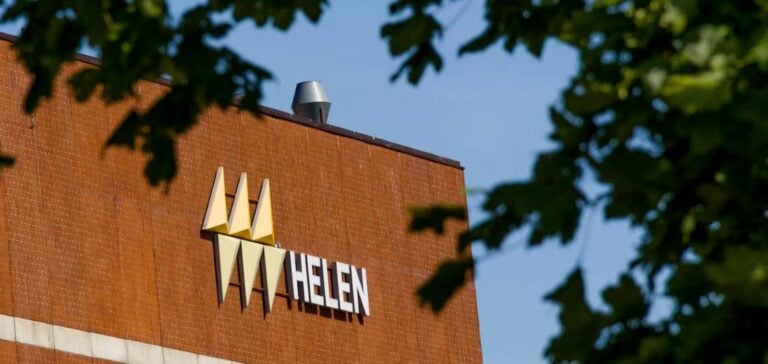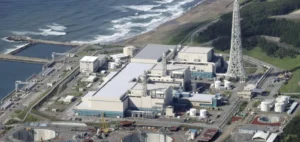The Helen energy company is entering the negotiation phase for the development of small modular reactors (SMRs) in Helsinki.
These discussions focus on the choice of partners, the evaluation of suppliers and the selection of potential sites.
The project, scheduled for 2026, aims to integrate nuclear power into the Finnish capital’s district heating network.
The initiative is part of a drive to diversify heat sources and reduce dependence on fossil fuels.
Heat generation strategy and objectives
Helen wants to develop SMRs capable of producing heat and even electricity to meet the needs of the district heating network.
This type of reactor offers advantages in terms of safety and proximity, responding to the constraints of a dense urban environment.
Olli Sirkka, CEO of Helen, stresses the importance of this project in guaranteeing a constant source of heat, while minimizing the carbon footprint.
In this context, the company is focusing on advanced nuclear technologies that are already proven, and on regulatory reforms that would facilitate the integration of these facilities into Helsinki’s heat production.
The project also includes the modernization of the Finnish Nuclear Energy Act, an essential step to remove regulatory obstacles and enable rapid implementation.
Partnerships and Regulatory Framework
Helen is already working with Finnish SMR developer Steady Energy, with whom it has signed a letter of intent to build reactors for district heating.
This agreement, valid until 2027, covers aspects such as obtaining the necessary permits, negotiating contract prices, and the potential acquisition of several 50 MW reactor units.
At the same time, Helen is conducting a study with Fortum, operator of the Loviisa nuclear power plant, to examine potential synergies in the development of new reactors.
This joint study aims to explore collaborations around emerging technologies and nuclear production capacities in Finland.
Role of the French Nuclear Safety Authority (Autorité de Sûreté Nucléaire)
The Finnish Nuclear Safety Authority (STUK) recently received documents from Steady Energy relating to the preliminary assessment of their LDR-50 SMR.
This procedure enables the authority to familiarize itself with new plant configurations and assess their safety in accordance with current standards.
This process, which is independent of formal license applications, enables STUK to better anticipate future technological developments and effectively regulate the industry.
Fortum, for its part, has requested preliminary assessments from STUK for various power plant alternatives, exploring the conditions for developing new nuclear capacity in both Finland and Sweden.
The aim is to obtain essential technical and regulatory feedback to guide future projects.
Technological developments and industrial challenges
Steady Energy, a spin-off from the VTT Technical Research Center, is developing its LDR-50 reactor for district heating.
This reactor, with a thermal output of 50 MW, uses simplified operating conditions, reducing the complexity of installations and improving safety.
Steady Energy and Kuopion Energia, a municipal energy supplier, are also in talks to build reactors in Kuopio, with environmental impact studies already underway.
The Finnish nuclear sector could undergo a major transformation if these projects come to fruition.
Modular reactors represent a strategic option for guaranteeing reliable heat production, while limiting carbon emissions.
However, the success of these projects will depend on regulatory developments and the ability of stakeholders to collaborate effectively within a constantly evolving regulatory framework.






















